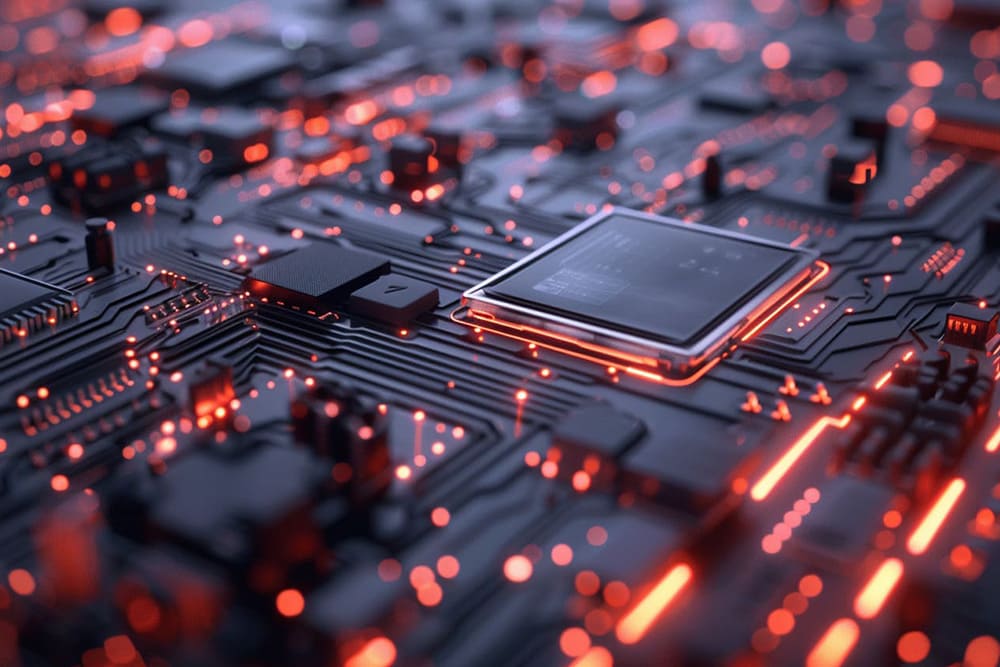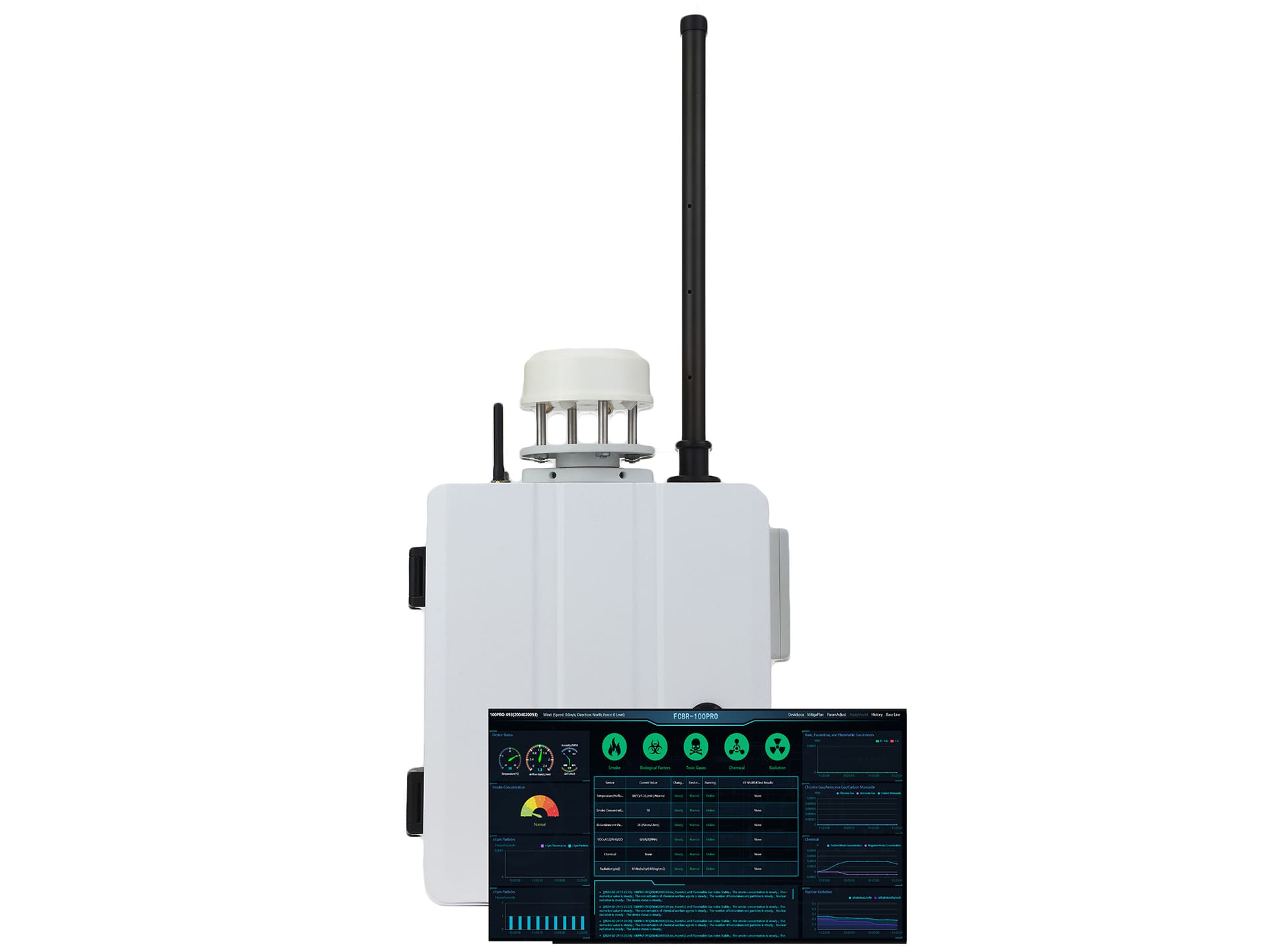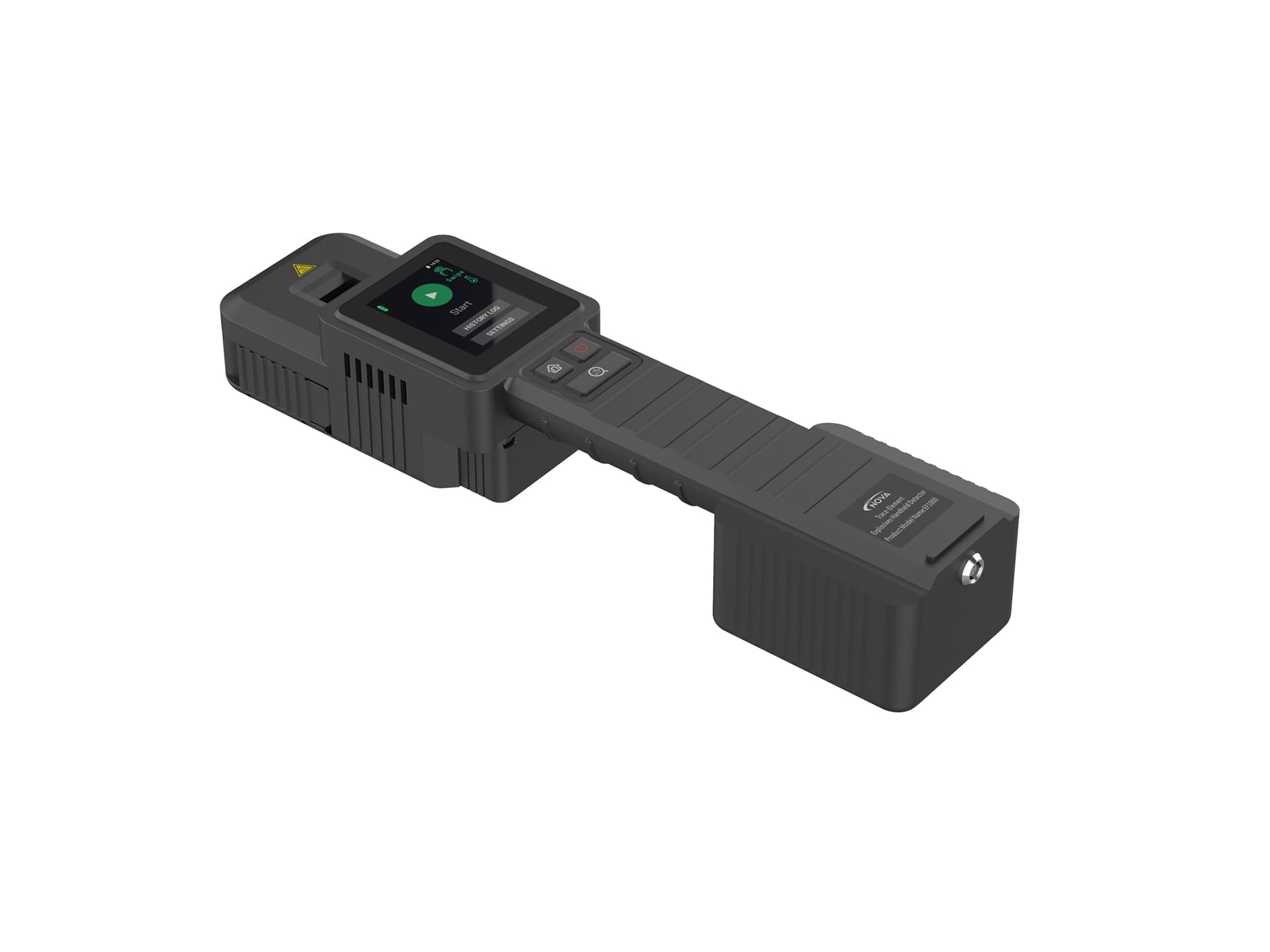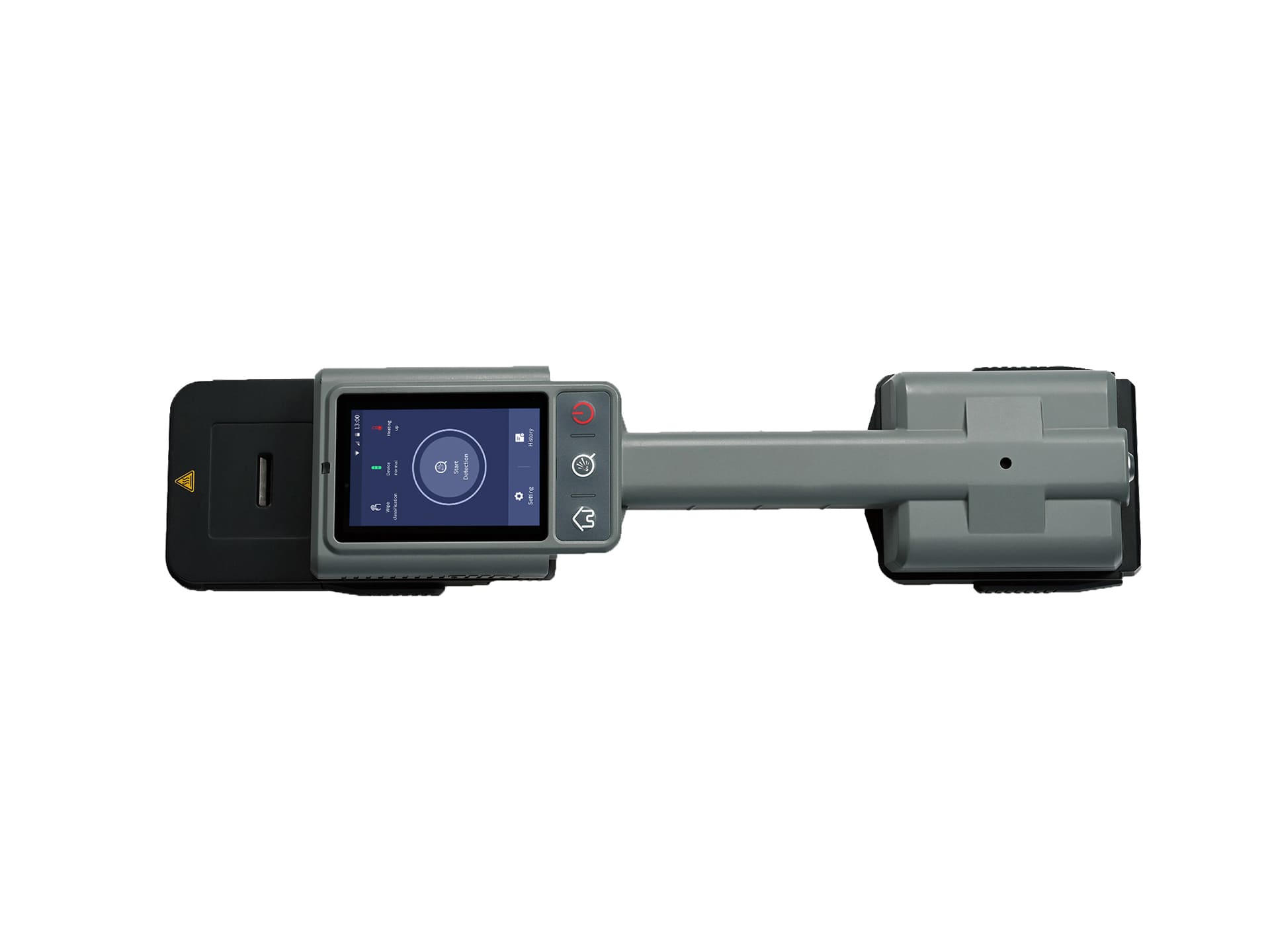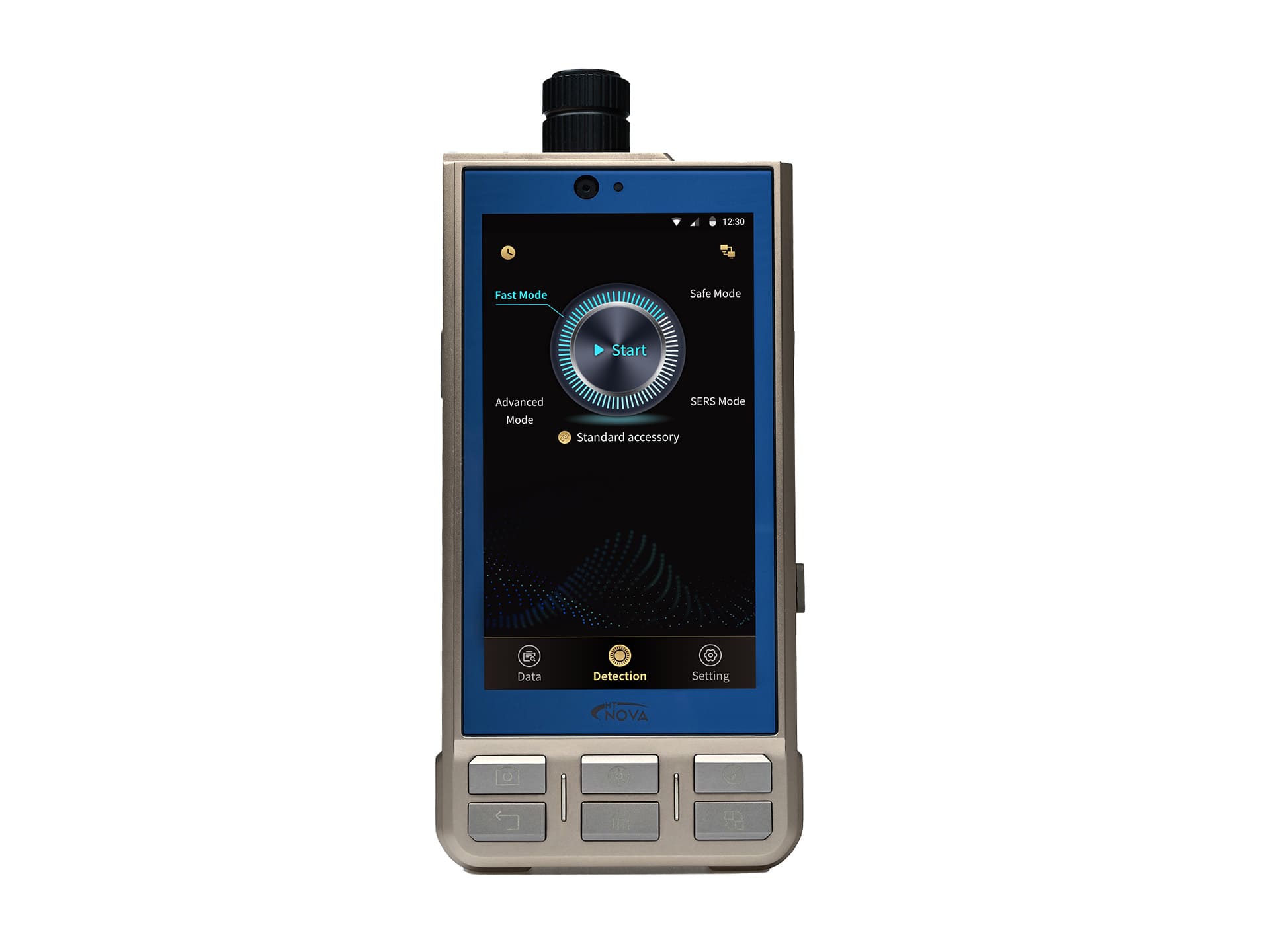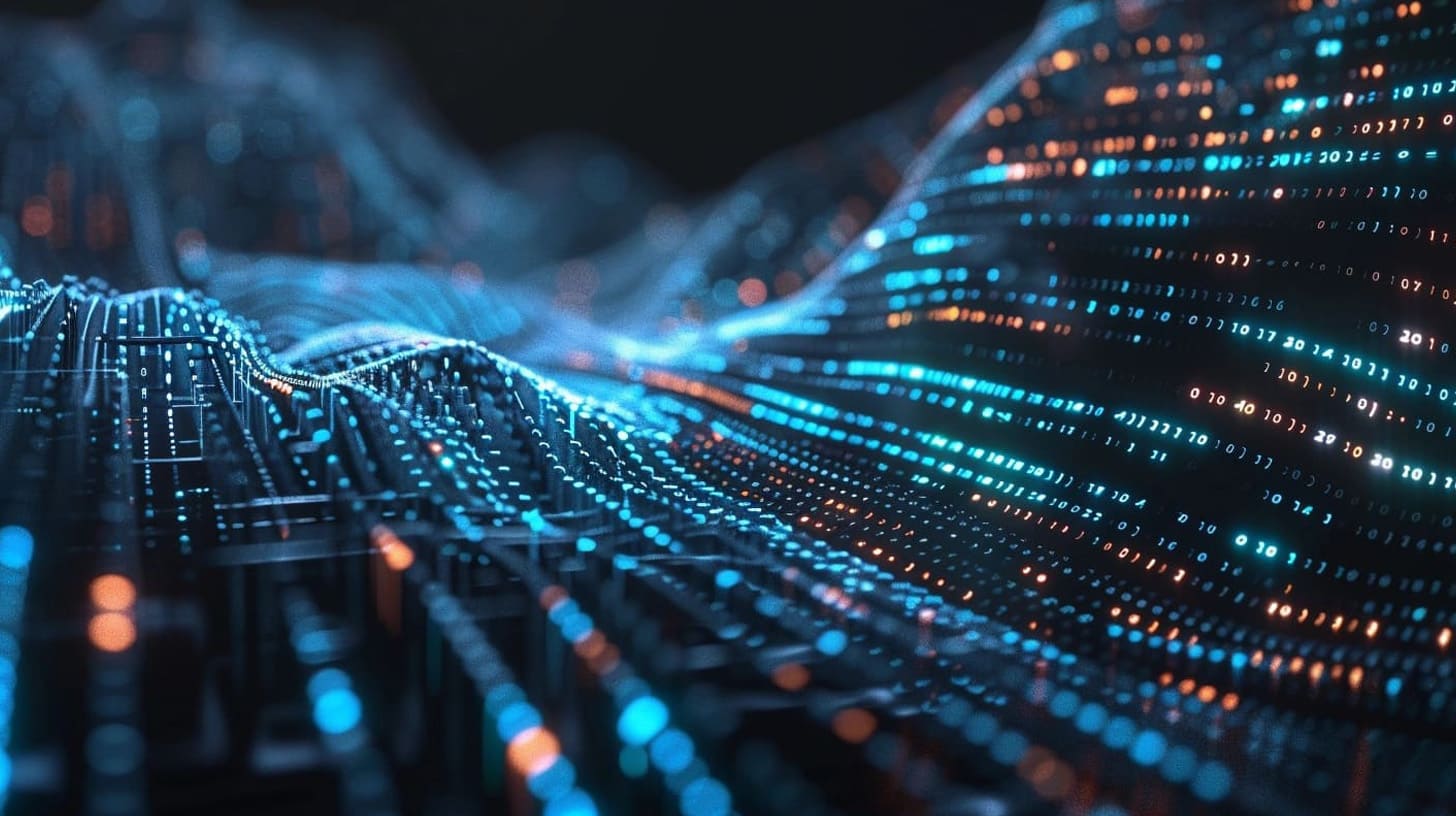
AI
HT-Nova utilizes artificial intelligence algorithms to process high-dimensional response data from sensors, achieving data characteristic differentiation that traditional analysis methods cannot accomplish. This approach is applied in fields such as Raman spectroscopy and gas monitoring sensor fine-grained characteristic differentiation.
Our proprietary technology, HT-MARS® artificial intelligence identification algorithm is applied in handheld Raman spectrometers. By using a large amount of spectral data to construct deep neural network models, this algorithm effectively enhances the recall rate, accuracy, and mixture identification accuracy of substance identification. Moreover, it can perform artificial intelligence identification analysis without the need for internet connection. Compared to traditional Raman identification algorithms, HT-MARS® AI algorithm overcomes the potential influence of environmental factors and improper operation by detection personnel on Raman detection results, making its calculation results more robust and accurate in identifying similar substances.
In a networked environment, connecting to the HT-Vision system platform enables integration with higher-level cloud-based multimodal fusion deep recognition algorithms. Even as the substance types in the cloud database continue to expand, the recognition speed of the deep neural network can still reach millisecond-level performance.
Technology Features
Big data processing
Data Processing and Analysis Capability: Sensor data is typically vast and complex, requiring effective processing and analysis to extract useful information. Artificial intelligence (AI) techniques can be applied to the processing and analysis of sensor data, utilizing machine learning, pattern recognition, and other algorithms to intelligently process the data, thus rapidly and accurately extracting the desired information
Real-time Decision-making and Feedback: AI-based sensor systems can perform real-time analysis and processing of data, making corresponding decisions and providing feedback based on the analysis results. This enables sensor systems to possess a higher level of intelligence during real-time monitoring and control processes, allowing them to quickly respond to various changes and events
Adaptability and Optimization: AI technology can endow sensor systems with adaptability and optimization capabilities, automatically adjusting parameters and operating modes according to environmental and demand changes to achieve optimal performance and effectiveness. This adaptability and optimization capability enables sensor systems to adapt to different work scenarios and application requirements, enhancing system flexibility and adaptability
Fault Detection and Prediction: With the help of AI technology, sensor systems can monitor and analyze their own states, detecting sensor faults or abnormal conditions in a timely manner and providing predictions and warnings. This helps to take timely measures to repair faults, ensuring the stable operation and reliability of the system
Intelligent Optimization and Energy Conservation: Through the application of AI technology, sensor systems can achieve intelligent optimization control, effectively adjusting and optimizing the system's operating status and energy consumption to achieve energy conservation and emission reduction, and efficient resource utilization. This helps to reduce operating costs, improve energy utilization efficiency, and reduce environmental impact
